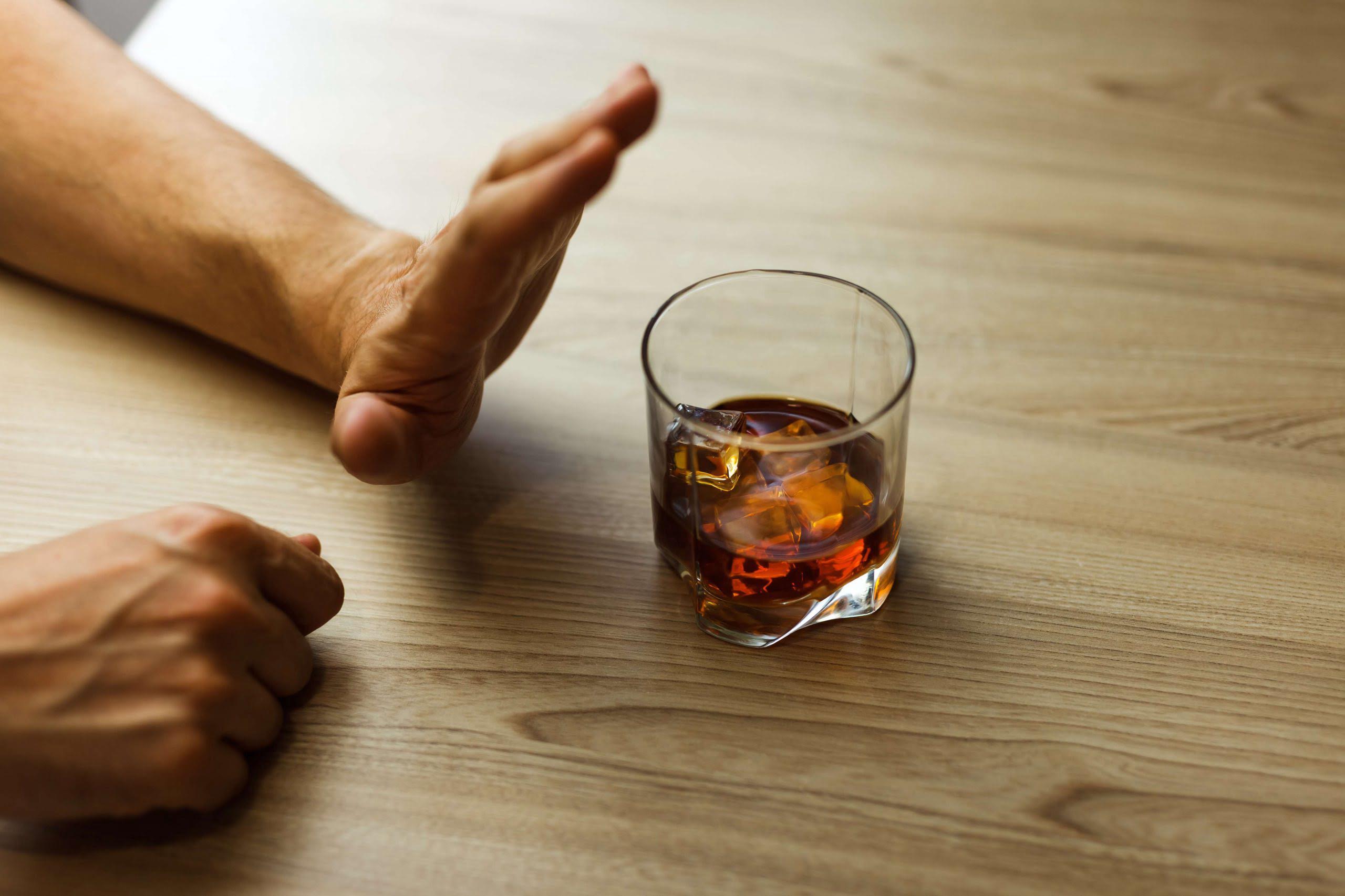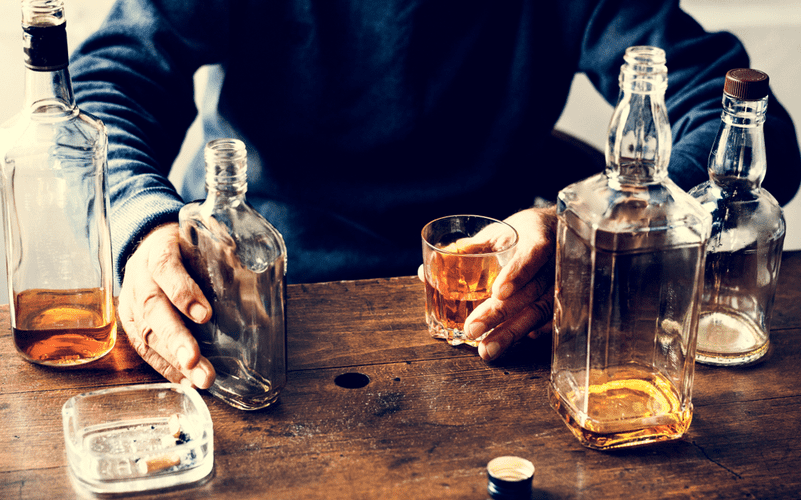As a first step, we offer a free addiction assessment, where we can develop an understanding of the difficulties you’ve been experiencing and talk you through how we could help. Additionally, fatigue, a persistent sense of tiredness or weariness, often accompanies night sweats, potentially impacting overall well-being. Sweating can irritate the skin, especially if it’s left to dry on the body.
- If you experience these symptoms along with regular night sweats, you may be going through alcohol withdrawal.
- When you consume alcohol, it inhibits the production of antidiuretic hormone (ADH), which helps your body retain water.
If night-time sweats are accompanied by anxiety, heart palpitations, tremors, or insomnia, these may point to the body’s struggle to rebalance without alcohol. Left unchecked, these signs serve as a stark reminder that alcohol ruins lives when dependence continues to deepen. In these cases, a medical evaluation can provide clarity and support a safer path forward. After an extended period of drinking, the brain and body learn to expect alcohol in its system. The central nervous system enters a hyperactive state in order to counteract the depressive effect of alcohol.
Practical Tips for Managing Alcohol-Related Night Sweats
You might also consider enlisting the support of friends or family members who can help you stay accountable to your goals. The first step in cutting back or quitting alcohol is to set clear goals and make a plan. This might involve setting limits on the amount and frequency of alcohol you consume, or it could mean committing to abstaining from alcohol altogether. For example, instead of saying “I want to drink less,” you might set a goal to only have one drink per day, or to go alcohol-free for a month.
Am I Addicted? Signs, Symptoms & What to Do
This phenomenon is different from normal sweating and typically happens hours after drinking, often disrupting sleep quality and leaving sheets and clothing soaked by morning. Drinking alcohol can cause some people to feel hot and may lead to night sweats. This occurs when alcohol affects the nervous system and why does alcohol make you hot how the body regulates and senses body temperature, blood pressure, and heart activity.
What Are Symptoms Of Night Sweats During Alcohol Detox?
- Sweating can be a symptom of alcohol use disorder and alcohol withdrawal.
- While many people experience night sweats on occasion, it may be a sign of alcohol use disorder (AUD).
- Fighting coffee sweats starts with striking the right caffeine balance for you; everyone’s threshold is different.
- During vasodilation, the skin becomes flushed due to dilated blood vessels, and severe sweating occurs.
- Monument offers several treatment options for alcohol use disorder, including medication to stop drinking, specialized therapy, and therapist-moderated support groups.
And let’s not forget about other potential causes – menopause, fever or underlying medical conditions that can also lead to this uncomfortable symptom. Your body may be experiencing withdrawal symptoms from alcohol, causing excessive sweating as it tries to adjust and regulate its temperature without the presence of alcohol. Alcohol detox is a common treatment for those suffering from withdrawal symptoms, including excessive sweating at night. Some people are more sensitive to the effects of caffeine, especially those who don’t drink it regularly.

Beyond medications, many detox programs offer supportive therapies like acupuncture, mindfulness training, and cognitive-behavioral therapy (CBT). These not only address physical symptoms but also help clients understand emotional triggers and develop healthier coping mechanisms. Night sweats during withdrawal can be especially distressing because they interfere with rest when your body most needs it.
Marijuana Side Effects: Short-Term and Long-Term Effects
While occasional night sweats are normal, persistent night sweats can be a symptom of an underlying medical condition or lifestyle factor, such as sweating at night after drinking. A human being should never reduce his water intake as this can lead to several diseases and also prove to be fatal in some cases. This will not only help you continue your regular water intake but also keep the body well hydrated without any excessive sweating. In order to keep the body well hydrated, you must drink sufficient water every day.
Fluctuations in blood pressure
When adenosine is inhibited, there’s an increase in neuronal firing in the brain, leading to a cascade of reactions that stimulate the release of adrenaline. This adrenaline surge can elevate heart rate, increase blood pressure, and ultimately lead to increased metabolic activity. Medical intervention may be necessary for individuals experiencing alcohol dependency, especially if they are also experiencing withdrawal symptoms such as shaking. Low blood sugar might also play a role, as alcohol can have an impact on your body’s ability to monitor blood sugar levels. When blood sugar gets low, it can result in shaking, along with other hangover-like symptoms, including sweating and headaches. In fact, if you’re already dehydrated, working out could make you feel worse.
Alcohol Intolerance and Night Sweats

The sweating is a physical representation of this intense internal effort—a sign that your system is working hard to stabilize without alcohol. Their reaction is often best described as a “flush,” characterized by redness, sweating, and hot or burning sensations on the face and other body parts. People with this condition can be at a higher risk for alcohol-related hypertension and esophageal cancer. If you or a loved one is experiencing night sweats during or after detox programs, consider seeking an alcohol rehab program or medical provider for further guidance.
- “Caffeine increases stimulation in the adrenal glands and can amplify stress levels throughout the day,” health coach Maranda Elkin tells Bustle.
- Environmental factors, such as temperature and humidity, can also contribute to caffeine-induced sweating.

When you call the number listed on this ad, your call will be answered by Treatment X, a licensed addiction treatment provider and paid advertiser on AddictionResource.net. If you feel that any of our alcoholism treatment content is inaccurate, out-of-date, or otherwise questionable, please contact at However, there are ways that you can help reduce its intensity and the discomfort it may cause.
You must seek professional treatment for alcohol misuse and addiction. If your clothing or your bedroom temperature causes you to sweat, it’s not considered night sweats. Naltrexone works by blocking the pleasurable effects of alcohol, reducing cravings, and making it easier to drink less or abstain completely.
Having an alcohol intolerance is a genetic condition where your body isn’t able to produce the enzymes it needs to break down toxins in alcohol. The effects are similar to that of the medication Antabuse (disulfiram), which is often used to treat alcohol addiction. While there could be several different explanations for this, alcohol is a common cause of night sweats and this can be a physical sign of alcoholism. In this piece, we’ll go into detail on the relationship between alcohol and sweating, and what you can do to cope with alcohol-induced night sweats. Night sweats can also be a symptom of http://www.girijaestates.com/reclaiming-life-a-story-of-strength-and/ alcohol withdrawal, which occurs when someone who is dependent on alcohol suddenly stops or reduces their drinking.







